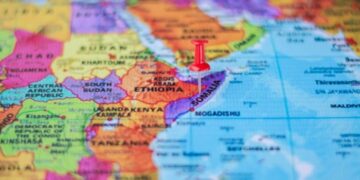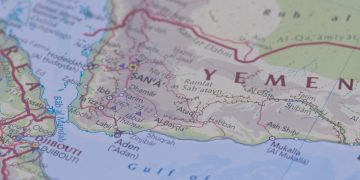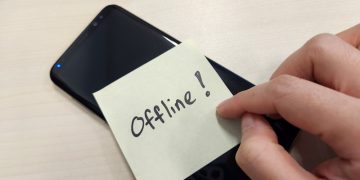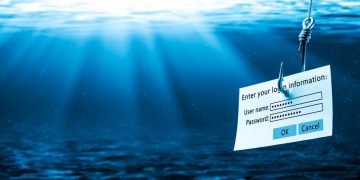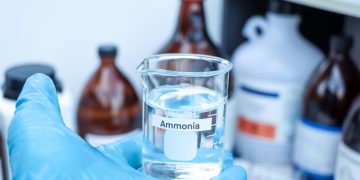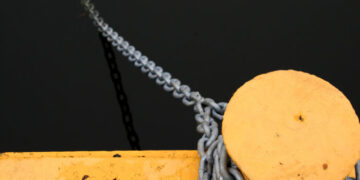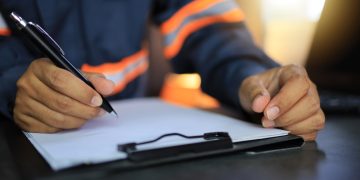The Standard P&I Club issues alert re Lifeboat on-load release mechanisms
Fatal accidents have occurred as a result of lifeboat on-load release mechanisms Ireland adopts SOLAS amendments to replace non-compliant lifeboat on-load release mechanisms and has issued a Marine Notice no 54 of 2011.This is a useful reminder of the numerous fatal accidents that have occurred as a result of lifeboat on-load release mechanisms and that the Maritime Safety Committee (MSC) of the International Maritime Organization (IMO), at its eighty-ninth session held May 2011, adopted, by resolution MSC.317(89), the new SOLAS regulation III/1.5 and, by resolution MSC.320(89), related amendments to chapter IV of the International Life-Saving Appliance (LSA) Code, both of which are expected to enter into force on 1st January 2013The SOLAS amendment requires lifeboat on-load release mechanisms, not complying with the new LSA Code requirements, to be replaced no later than the first scheduled dry-docking of the ship after 1st July 2014 but, in any case, not later than 1st July 2019.The amendment is intended to establish new, stricter, safety standards for lifeboat release and retrieval systems, aimed at preventing accidents during lifeboat launching, and will require the assessment and possible replacement of a large number of lifeboat release hooks.The MSC also approved associated "Guidelines for Evaluation and Replacement ...
Read more



